On Feb. 11, 1990, Nelson Mandela was released from prison after 27 years.
In teaching about Mandela’s significance with students, it’s worth remembering that the U.S. government considered Mandela a terrorist, and the African National Congress, a terrorist organization.
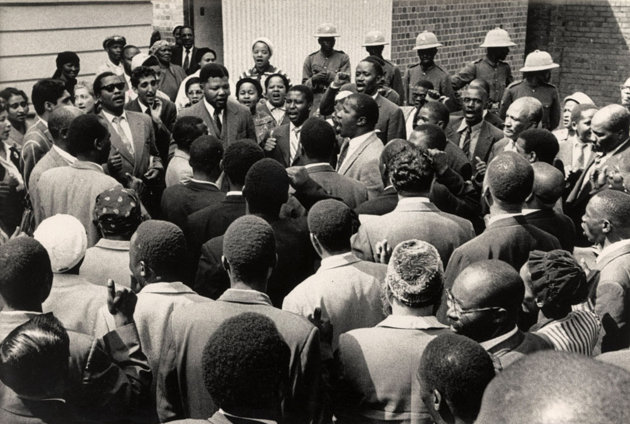
Nelson Mandela and friends sing ‘Nikosi Sikelel I Afrika’ at the end of their trial for treason in South Africa.
While Mandela sat in jail and brutal repression was widespread, U.S. corporate investment in apartheid South Africa ballooned, and Ronald Reagan announced his be-nice policy of “constructive engagement” with the racist white-minority regime. When the Reagan administration decided to “pressure” its foes, it did so with embargoes (e.g., Cuba), invasions (e.g., Grenada), and covert war (e.g., the Contra War in Nicaragua). With South Africa, Reagan espoused a policy of “let’s invest 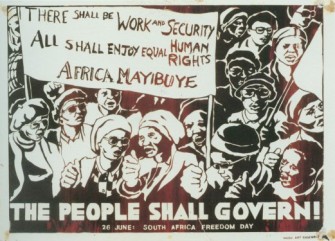 as much as we can and we’ll change South Africa by example.” [See more on Democracy Now!]
as much as we can and we’ll change South Africa by example.” [See more on Democracy Now!]
To the extent that South Africa ended its apartheid nightmare, this was the result of popular struggle and solidarity, not gifts from those in power.
The end of apartheid did not mean the end of poverty and exploitation. There is lingering, even deepening, inequality in South Africa. The roots of these problems are ones we need to focus on. [See The Shock Doctrine.] But this awareness should not detract from the long freedom struggle in South Africa and the central role played by Nelson Mandela. This struggle inspired people throughout the world who worked in solidarity with those demanding justice in South Africa.


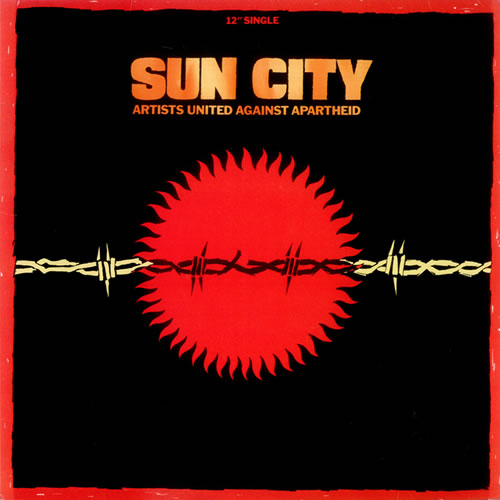
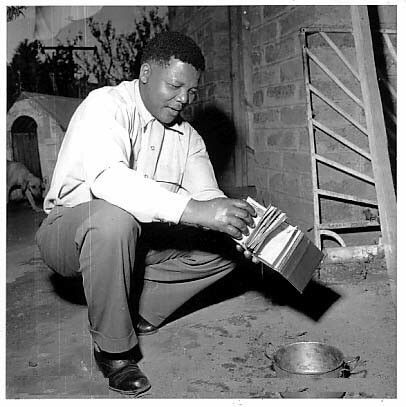

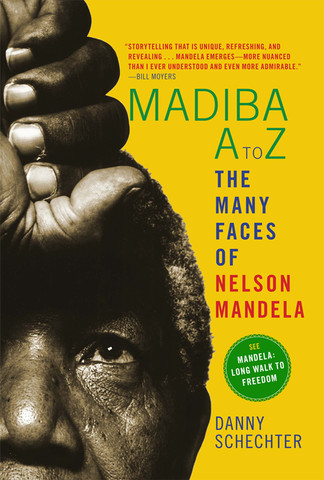



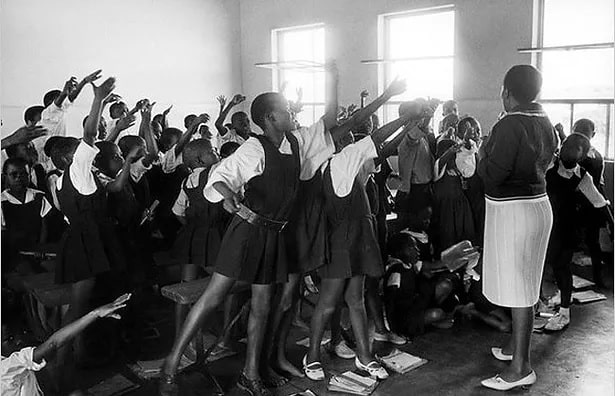
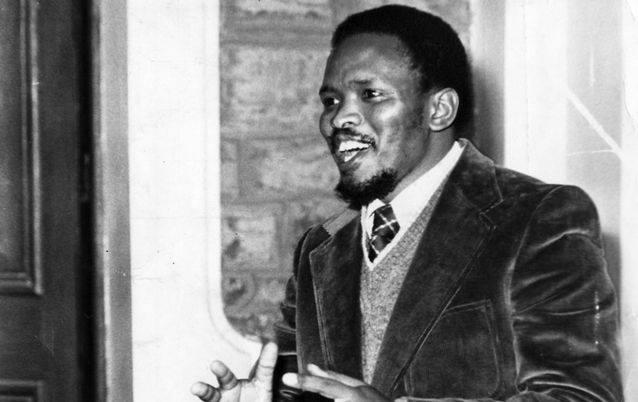





Twitter
Google plus
LinkedIn